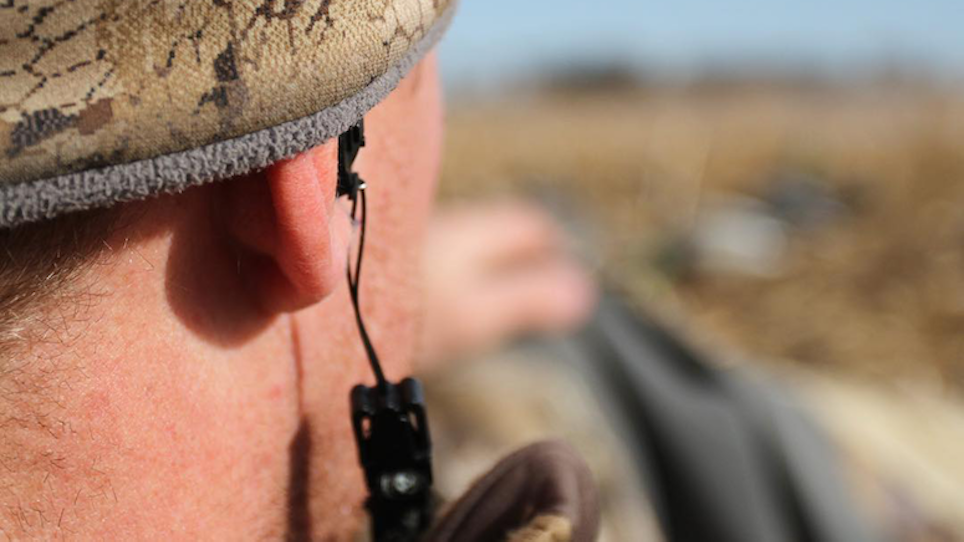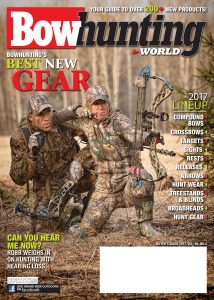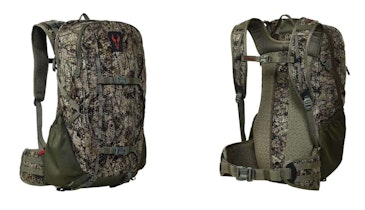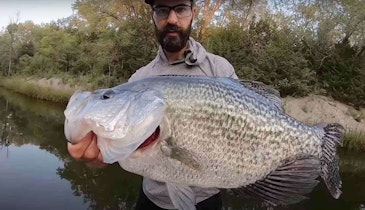As we age, there are some hard truths that become difficult to admit. For many of us, the truth is we just can’t hear like we used to.
According to the National Institute of Health, about one in eight Americans over the age of 12 years has hearing loss in both ears, based on standard hearing tests. That’s nearly 30 million people! Also, age is the strongest predictor of hearing loss among adults aged 20-69.
I’ve been exposed to loud noises since I was a teenager who shot trap and skeet without hearing protection, listened to loud rock music and got exposed to some things that go boom. We didn’t really know better back then, but no matter. The fact of the matter is, for decades my hearing has sucked. For 30 years it has been difficult, if not impossible, for me to hear distant elk bugling or turkeys gobbling. I rarely heard a deer stroll up from behind my treestand through the leaves. Basic conversations with others were garbled so badly I became a fairly proficient lip reader.
Life as a bowhunter changed dramatically for me when, in the early 1990s, I met the late Bob Walker among the chaos of a large writers’ turkey camp. All the press guys were jockeying for position to hang with some of the “big name” professional gobbler getters, but for some reason Walker and I just hit it off. His company, Walker’s, was just starting to gain traction. He gave me one of his early Game Ears to use, but being a little too full of myself and a tad hard-headed, I poo-pooed the thing. I didn’t know until much later that Walker was, in fact, a Pennsylvania-licensed hearing healthcare specialist who combined a passion for both his profession and hunting to start his game ear business. His company was the industry’s first to offer compact hearing enhancement and protection devices to prevent hearing loss, as well as to amplify high frequency sounds, the kind most game make in the wild.
RELATED: 12 Father’s Day Gifts for the Outdoorsy Dad (Protection for the Hearing He Has Left)
When I took that Game Ear to the woods, I started hearing sounds I had not heard since Nixon was president.
It took time for his products to catch on — after all, what “Stud Muffin” is going to admit he or she can’t hear worth beans? But once they did, the company continued to grow on the strength of new product innovation and a superb marketing program based in no small part on the friendships Walker made with many key industry media members. Today, there are several companies in the business of helping hunters hear better, including Walker’s, WildEar, SportEAR and Pro Ears. The hearing-enhancement products offered by these companies range in price from less than a Franklin to more than a grand.
Bob Walker passed away too soon at age 62 in February 2016, after a two-year battle with leukemia. Though physically small in size, Walker had a big personality and a mind that was constantly thinking outside the box. He was fun, he was smart and hard-working, and he loved helping people. He was always going a million miles an hour, full of life, smiling, ready to tackle the next challenge.
RELATED: Which Suppressors Are Right for You?
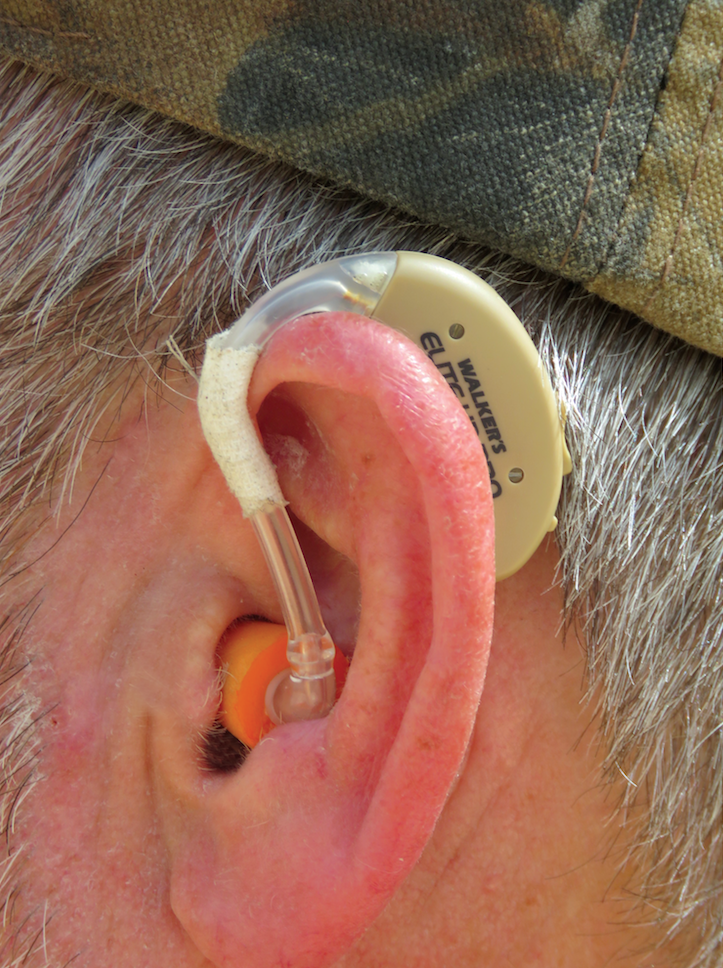
Turkey hunting this past spring reminded me of how much using a hearing-enhancement device like my new Walker’s Game Ear Elite HD Pro both makes being in the woods more fun and me a more efficient bowhunter. If you have trouble with your hearing and haven’t tried a hearing-enhancement device, I strongly encourage you to do so. After all, people have been trying to assist their hearing since before Columbus discovered America, using everything from non-electric means like ear trumpets, acoustic urns and speaking tubes to a bone conduction device that appeared in 1812. The first electric hearing aid, called the Akouphone, was created by Miller Reese Hutchison in 1898. It used a carbon transmitter so that the hearing aid could be portable. The carbon transmitter was used to amplify sound by taking a weak signal and using electric current to make it a strong signal.
Can you hear me now? You bet I can! Thank you, Bob Walker. You were a man that made a difference in many sportsmen’s lives.
Featured photo: WildEar's Facebook page
